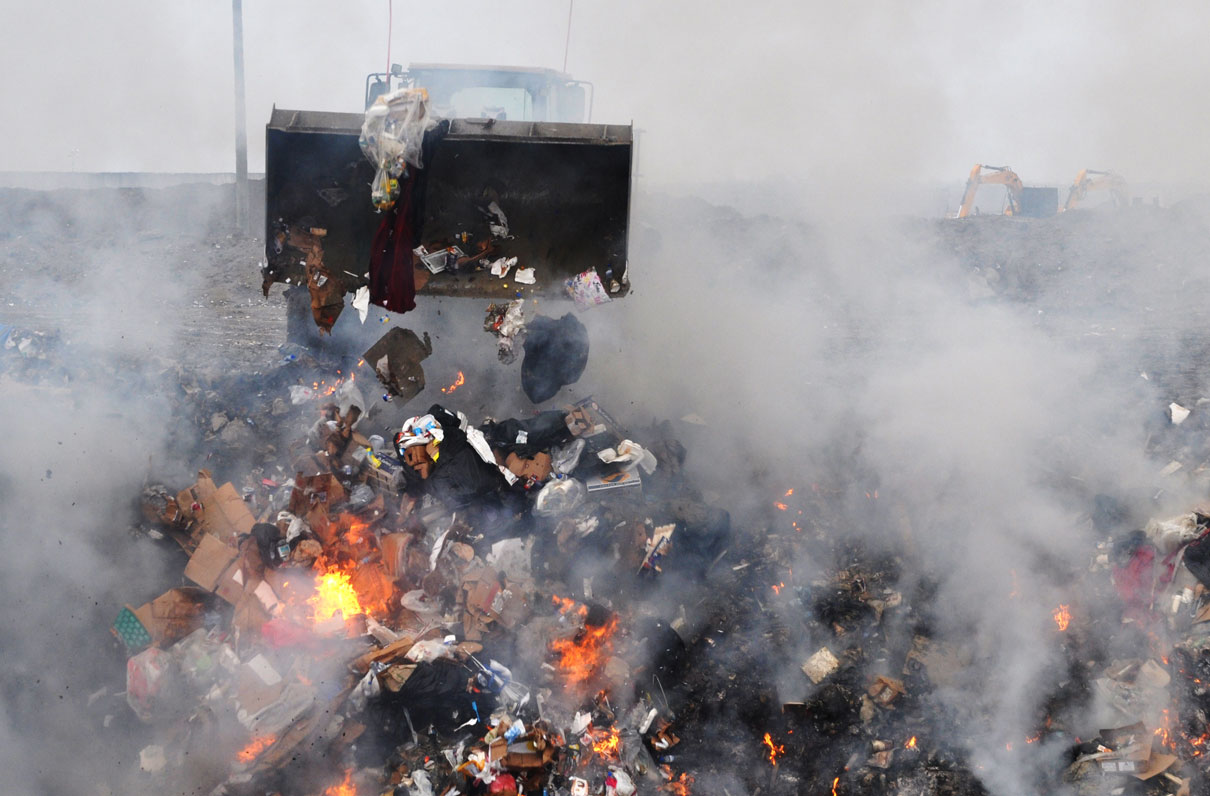MOAA is among 20 veteran and military service organizations asking the VA to add four diseases to the Agent Orange presumption list in an effort to help thousands of affected veterans receive benefits.
In a Nov. 15 letter to VA Secretary Robert Wilkie, leaders of the groups requested the immediate addition of hypertension, bladder cancer, hypothyroidism, and Parkinson’s-like symptoms to the list. Each of the diseases has been linked to exposure to Agent Orange by researchers from the National Academies of Sciences, Engineering, and Medicine.
“However, VA has yet to take any actions on these four presumptive diseases, leaving thousands of veterans waiting,” according to the letter (Read it here).
An estimated 900,000 veterans have been exposed to Agent Orange, an herbicide sprayed from the air to destroy the vegetation enemy fighters used as cover during the Vietnam War.
There are 14 diseases on the VA’s current Agent Orange presumptive exposure list. The designation offers veterans an easier path to qualify for disability benefits.
During congressional hearings earlier this year, top VA leaders said they were considering adding four diseases, with a decision to be released by summer. No decision was announced.
[RELATED: VA Reaching Out to Blue Water Navy Vets Previously Denied Benefits]
The veteran service organizations said they are concerned by the recent release of internal VA documents that indicate officials challenged former VA Secretary David Shulkin’s decision to add the diseases. They said they are concerned the VA believes the cost outweighs the need to get veterans help.
“Mr. Secretary, the men and women who served in Vietnam were exposed to Agent Orange and far too many have suffered effects scientifically linked to that exposure,” the leaders wrote to Wilkie. “We call on you to end the wait.”



